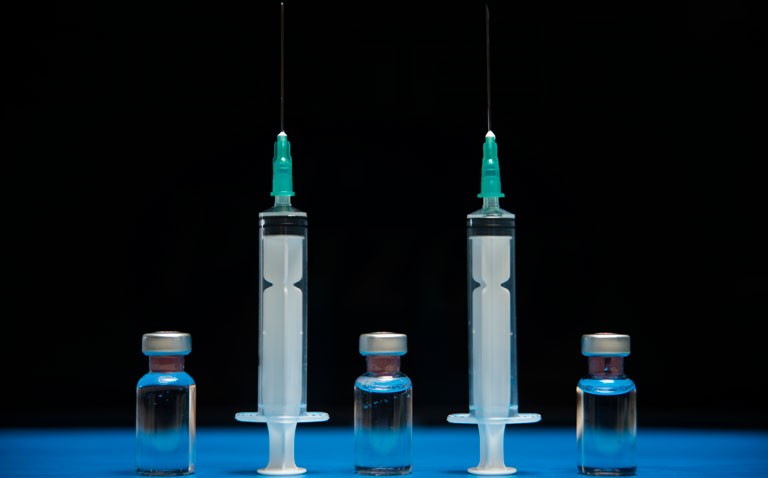An observational study from Israel has revealed how full vaccination with the Pfizer vaccine has a significant impact on COVID-related outcomes.
In a randomised, controlled trial, two doses of the Pfizer BioNTech BNT162b vaccine provided 95% efficacy against symptomatic COVID-19 at least 7 days after the second dose in those aged 16 years and over. While studies have indicated the level of protection offered by a single dose there is a lack of real-world data on the vaccine efficacy after full vaccination. Researchers from the Public Health Services, Israel, have undertaken an observational study on the incidence of infections, hospitalisations and death, following a nationwide vaccination programme using the BNT162b, vaccine in Israel. The team utilised surveillance data from late January 2021, which represented the period corresponding to 14 days after the first individuals received their second vaccine dose, to the beginning of April 2021, which was defined as the study period. All Israeli residents have a unique identification number and this allowed for data linkage to their medical records to track the incidence of infections, hospitalisations and death. The researchers considered vaccine effectiveness against asymptomatic (i.e., those with a positive PCR test but no symptoms) and symptomatic infection, COVID-19-related hospitalisations and mortality.
Findings
By the beginning of April 2021, 72.1% of the population of Israel had received both vaccines. During the study period, there were 232,268 recorded COVID-19 infections, 7694 COVID-19-related hospitalisations, 4481 of which were deemed severe or critical and 1113 COVID-19-related deaths in people aged 16 years and over. In a total of 154,648 COVID-19 infected individuals, 71% were unvaccinated and 4.1% were fully vaccinated (i.e., 7 days after the second vaccine dose). Among the 7694 hospitalised patients, 71.8% were unvaccinated compared to 7.7% who were fully vaccinated and of the 1113 people who died, 12.4% were fully vaccinated. The authors estimated the overall vaccine efficacy against symptomatic infection to be 97.7% and 98.1% against COVID-19-related death. It also had an overall efficacy of 93.8% against asymptomatic infection. Interestingly, in genomic testing of 8472 COVID-19 samples, 94.5% of samples were of the B.1.1.7 variant (originally identified in the UK).
In discussing their findings, the authors noted that in a follow-up period of almost 7 weeks after the second vaccine dose, there was an extremely high vaccine efficacy against COVID-19 related outcomes. They also highlighted the effectiveness of the BNT162b against the B.1.1.7 variant which had been suggested from laboratory studies. They concluded on how this real-world study had clearly demonstrated the effectiveness of the BNT162b vaccine in both reducing the incidence of infection and morbidity associated with COVID-19 and suggested that high levels of vaccine uptake offered a means of controlling the COVID-19 outbreak.
Citation
Haas EJ et al. Impact and effectiveness of mRNA BNT162b2 vaccine against SARS-CoV-2 infections and COVID-19 cases, hospitalisations, and deaths following a nationwide vaccination campaign in Israel: an observational study using national surveillance data. Lancet 2021










